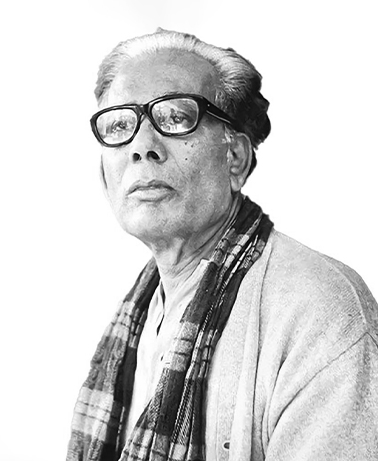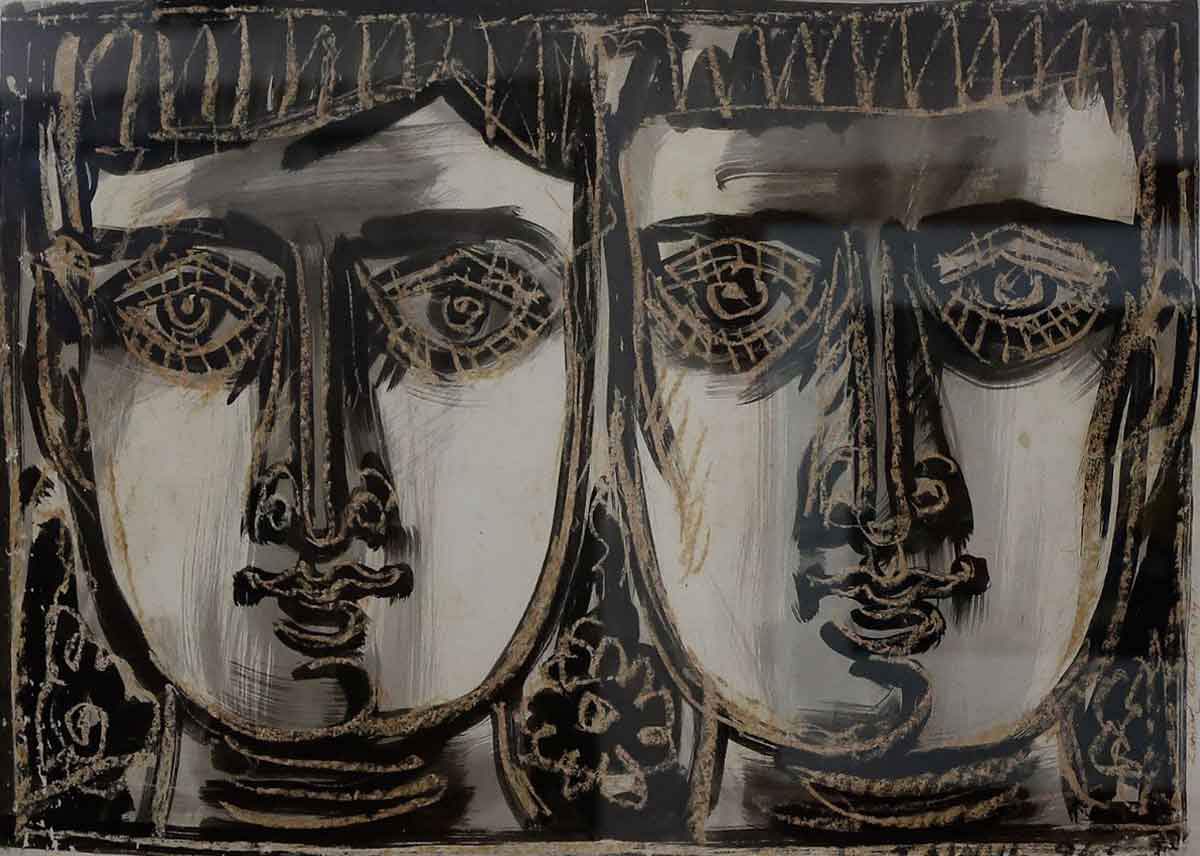Plat-forms now delivers artworks worldwide! Enjoy your favourite pieces delivered to your doorstep, no matter where you are!



Zainul Abedin (1914-1976) is a revered figure in Bangladeshi modern art, known as the "Shilpacharya" or Master of Art. He gained fame in 1944 for his powerful paintings depicting Bengal's famines during British colonial rule. Abedin played a pivotal role in establishing art education in East Pakistan (now Bangladesh) and co-founding the Faculty of Fine Arts at Dhaka University. Dissatisfied with conventional styles, he embraced realism, using lines to portray everyday life. His haunting Famine Sketches in 1943 exposed the horrors of the man-made famine. Abedin received numerous awards and an Honorary Doctor of Letters degree. His legacy endures through dedicated galleries, museums, and publications. He passionately advocated for preserving Bengal's heritage and returning to Bengali cultural roots, rejecting Western artistic mimicry.
Zainul Abedin (1914-1976) is a revered figure in Bangladeshi modern art, known as the "Shilpacharya" or Master of Art. He gained fame in 1944 for his powerful paintings depicting Bengal's famines during British colonial rule. Abedin played a pivotal role in establishing art education in East Pakistan (now Bangladesh) and co-founding the Faculty of Fine Arts at Dhaka University. Dissatisfied with conventional styles, he embraced realism, using lines to portray everyday life. His haunting Famine Sketches in 1943 exposed the horrors of the man-made famine. Abedin received numerous awards and an Honorary Doctor of Letters degree. His legacy endures through dedicated galleries, museums, and publications. He passionately advocated for preserving Bengal's heritage and returning to Bengali cultural roots, rejecting Western artistic mimicry.
Less More